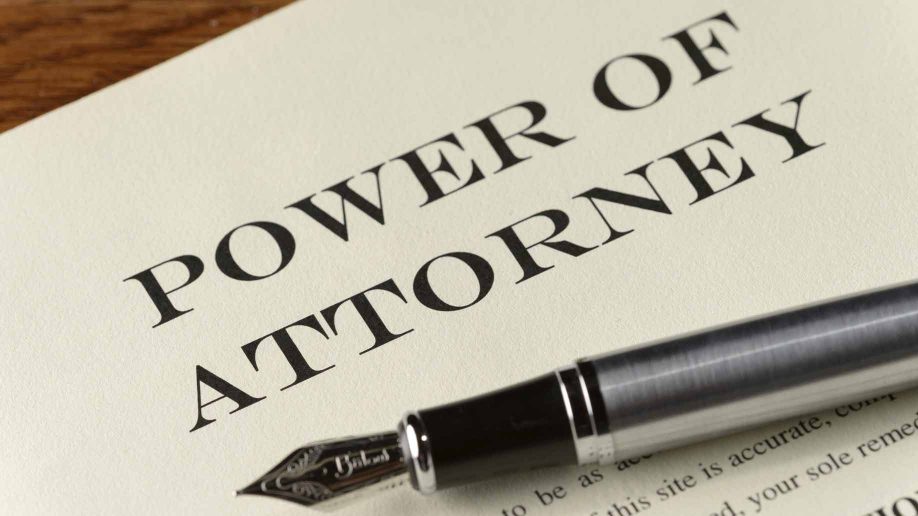What happens if you can no longer manage your personal and financial matters such as if you become sick? Have you thought of that situation arising? Contrast this with when you die? The clarity of who manages your estate is set out in your will, if you have one, in which your executor takes over the management and distribution of your assets.
One common legal document to enable you to continue to have your matters managed, in the case of incapacity, is a power of attorney (POA). The powers granted to your power of attorney can be broad or restricted, as you so see fit. The power of attorney is usually prepared by a lawyer and you specify in the document the trusted person to whom you grant this power. Beware, because the power of attorney in its broadest use could enable that designated person to do all that you do: sign cheques, make withdrawals, sell property and so on.
A properly crafted power of attorney and carefully thought out restrictions included therein can give you peace of mind if, for whatever reason, you become incapacitated.
Think about taking some steps now if you do not yet have a power of attorney and get some good legal advice.
Learn, think, apply!!










Recent Comments